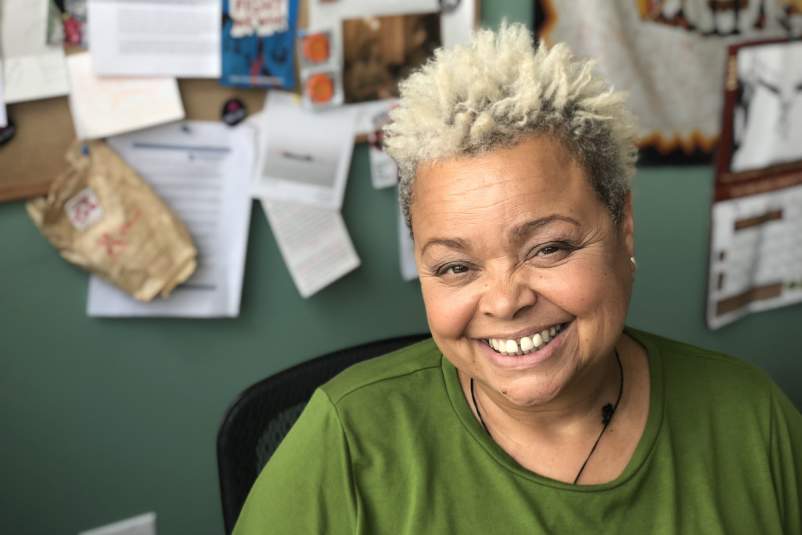Whenever African immigrants look for health care in the U.S., they have to face various difficulties arising from their status, along with with they say is racism.
Ada Oguejiofor, a third-year student at medical school who recently started clinical rotation in Texas, said that she noticed the health care disparities in the hospital that deterred undocumented immigrants from seeking medical care.
“I noticed that sometimes residents would say that their patients hesitate to come into the hospital because they are undocumented,” she said. “They might get caught.”
Nearly 25 percent of immigrants are undocumented, with women accounting for 47 percent and children accounting for 10 percent, according to ACOG. And 71 percent of undocumented immigrants are uninsured and not eligible for public health care.
Other key challenges of African immigrants’ access to the health care system range from a language barrier, inundation with excessive information and paperwork and hostile services experience, according to PubMed.
Ify Ekpunobi, another medical student at Case Western Reserve School, has experienced some of these challenges when she visited a school hospital for a medical check in St. Louis. Ekpunobi recalled the hostile attitude of the staff, which she thought was because of her color.
“I didn’t really feel comfortable because it felt like they were being judgmental, like they just weren’t that welcoming to me, so that discouraged me,” said Ekpunobi. “I didn’t feel comfortable going back.”
Ekpunobi’s experience is also in line with the PubMed study which shows that even when immigrants do have insurance coverage, they still face difficulties utilizing the available healthcare services.
“Even though I have insurance, I still have to worry about which providers are in and out of the network,” said Ekpunobi. “Those are the things I had to learn and even up to now, I still even barely understand.”
Oguejiofor also mentioned that the lack of a diverse set of providers is one of the most urgent issues in healthcare settings.
“When you’re seeing a doctor who looks nothing like you who has no idea where you come from, your language, your culture, that can make getting good health care even harder,” said Oguejiofor.
Recognizing these healthcare disparities, Ashafa Hadera, founded the African Services Committee (ASC) in 1981 to provide healthcare resources to other immigrants, refugees and asylees. Starting in a small apartment in the Bronx, today, ASC is based in Harlem, New York City, and has three offices in Ethiopia. ASC provides free services—including but not limited to English as a Second Language (ESL) classes, food pantry, AIDS treatments, HIV prevention programs, and Hepatitis programs—to the community.
Amanda Lugg, the current co-executive director of the organization who migrated from the U.K., said she was thrilled to find an organization that was serving African immigrants.
“No one is turned away. Anyone who walks through the door and needs services gets the services and all the services are free,” said Lugg. “I saw it as a positive way to be able to give back and serve my community.”
Even when everything was in lockdown during the pandemic, ASC never ceased to help the community.
“For instance, I run the LGBTQ+ support group here, and it was just every two weeks in person, but once COVID hit, people wanted to do every week and we were doing it every week for a year,” she said.
ASC has also been working to help the undocumented immigrants, who make up the majority of immigrants utilizing their services.
“Something like 90 percent of the folks that we serve here are undocumented or out of status. That greatly affects their access to a number of things,” said Lugg. “So, having us helping them navigate that system is essential.”
Lugg said that watching individuals get better with the help of their programs.
“Being able to see them living their life in power, it is extremely satisfying,” said Lugg. “Another good thing is when we actually don’t see people, when we don’t see people for six months a year because they’re now self-sufficient. That’s the picture of success really.”
